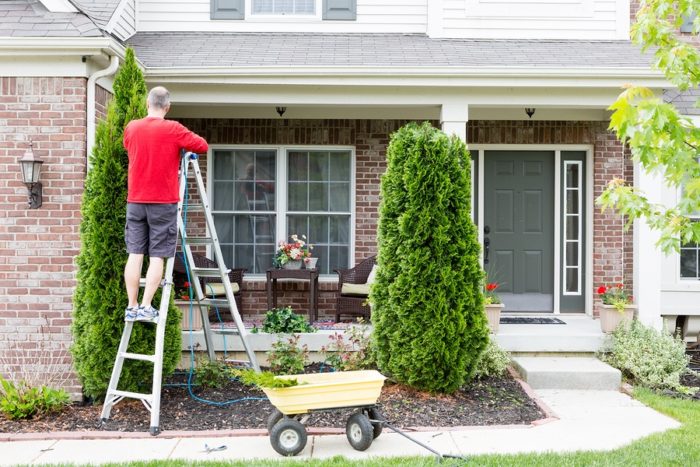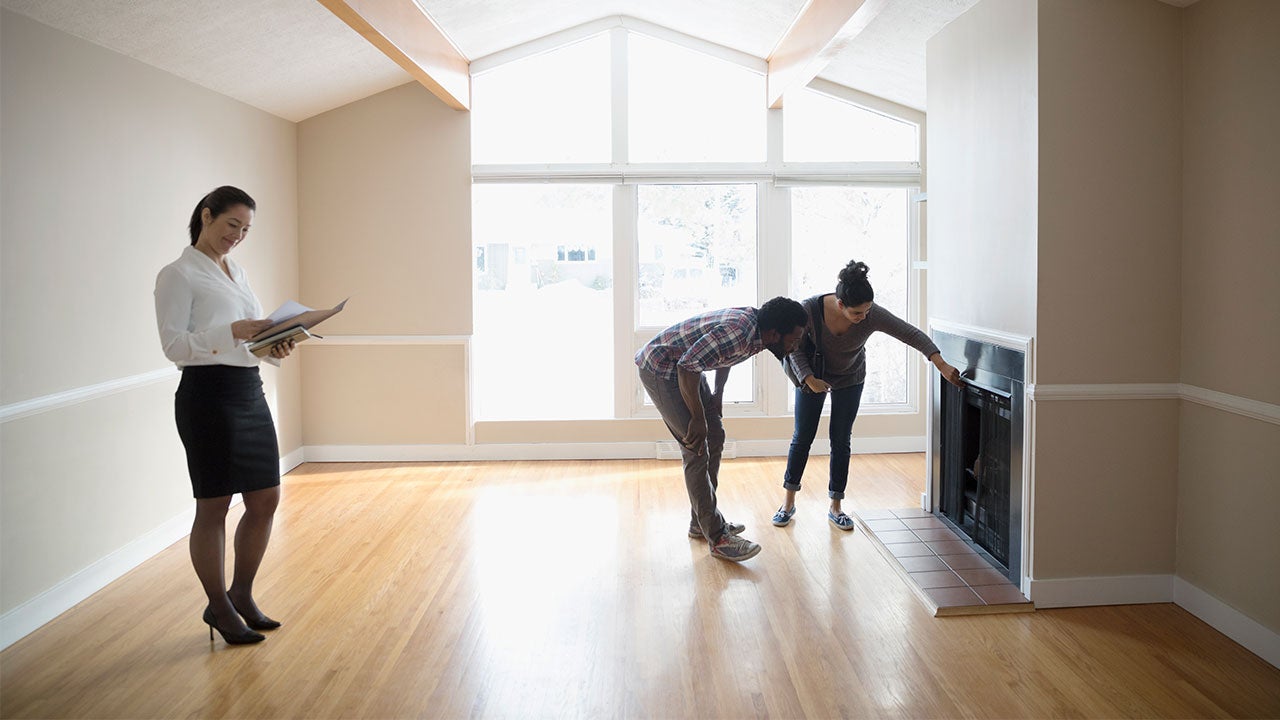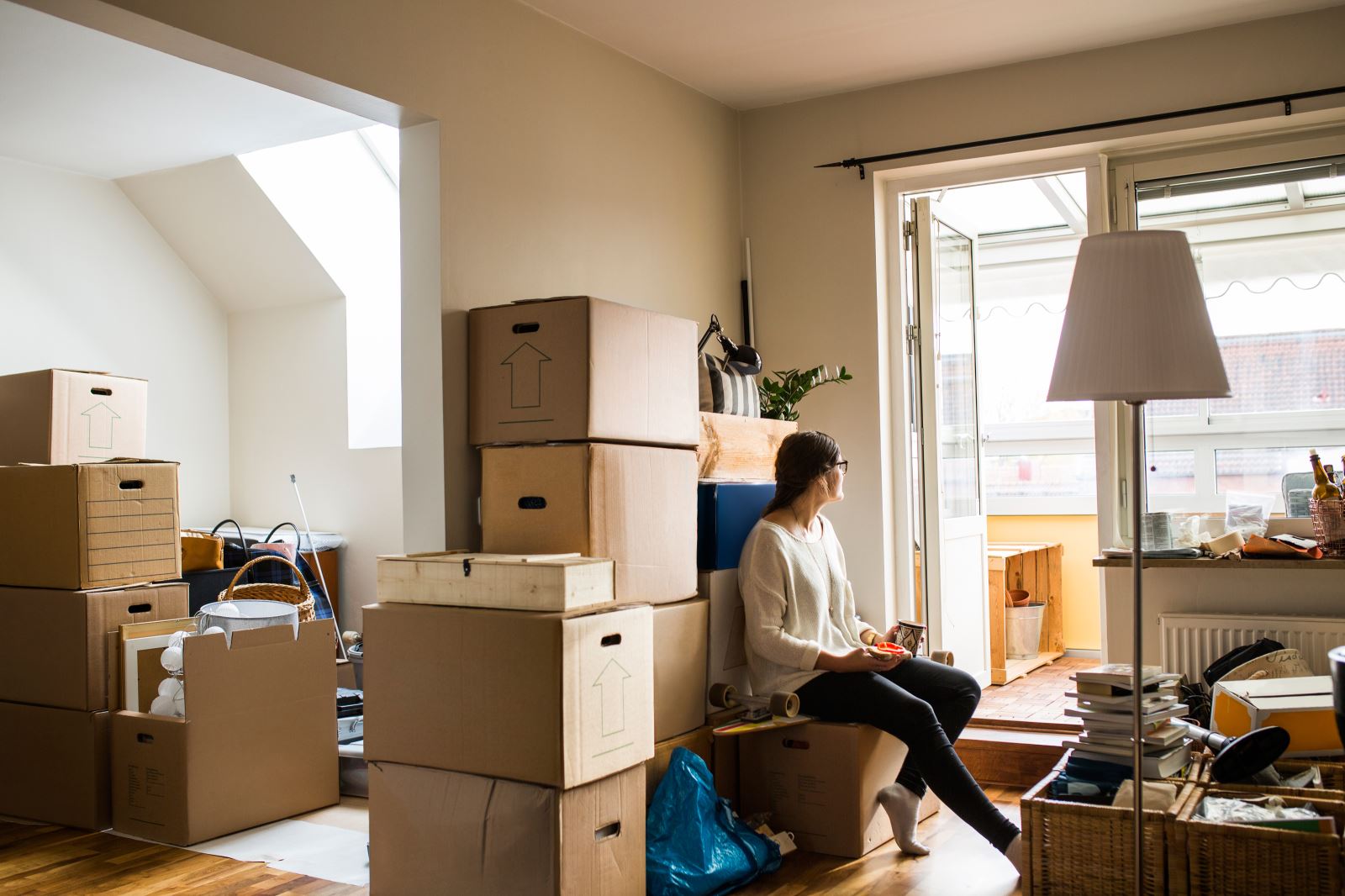Before You Remodel...

Depending on whether you are planning to sell your home in the next year or if you are in your forever home, remodeling is a great way to get what you want out of your home, or what buyers want. There are things to consider before you jump into remodeling.
-
- Decide on a budget, and how you’ll pay for the upgrade. Consider hiring a financial planner who can help you choose which way is best.
-
- If you decide to do this project yourself, and you’re not in the construction business, plan on taking much longer than a professional. Be realistic about your skills and hire help if you need it.
-
- Acquiring an architect or designer is a good idea if you’re making major changes. You don’t want to run into major structural or electrical issues and not know what to do.
-
- Think about how long you want to stay in your home before you invest in big ticket items, like a six-burner range for the kitchen, or expensive hardwood flooring throughout the house. If your sole plan is to make money from a sale, or if you want and can afford the upgrades, go ahead. But if you’re not going to enjoy those items while you’re living there, consider a simple refurbishing or using what you have if it’s in good working order and won’t look out of place.
-
- When looking for a contractor, price isn’t necessarily the important thing. Ask for references, check their license numbers, and call the former clients and ask to see the work that was done, either in photos or in person. The research will be worth it in the end.
-
- Once you hire your contractor, start getting your paperwork in order. The contractor has their own responsibilities, and the homeowner has to take care of other items--check this list from realtor.com to see who is responsible for what.
-
- Planning a timeline with your contractor is especially important, and make sure you leave room for possible unexpected issues.
-
- Sit down with your family and figure out logistics, especially if you’re remodeling the kitchen or one of the bathrooms in your home. Remodeling can cause a lot of stress, but if everyone knows what to do before it all happens, things can flow better.
-
- As with moving, clean out the room before the renovation, giving away, selling or throwing out what you haven’t used in months. Wrap and store any items you’re keeping in a spare room.
-
- Before the construction team comes in to begin the project, sit down with your contractor to set location boundaries for the crew and your family, along with other logistics. The crew doesn’t want your children playing around with tools, and you don’t want your good bathroom towels used for grimy hands. Everyone needs to know what is okay, and what isn’t.
A home remodel is a big undertaking; watching renovation shows on television can give the idea that everything goes off without a hitch. It takes planning, communication and good all-around management to make the process go smoothly, even if you hit a few bumps along the way.
Courtesy of Chester County PA Realtor Scott Darling.
Photo credit: www.wormuthconstruction.com


.jpg)










